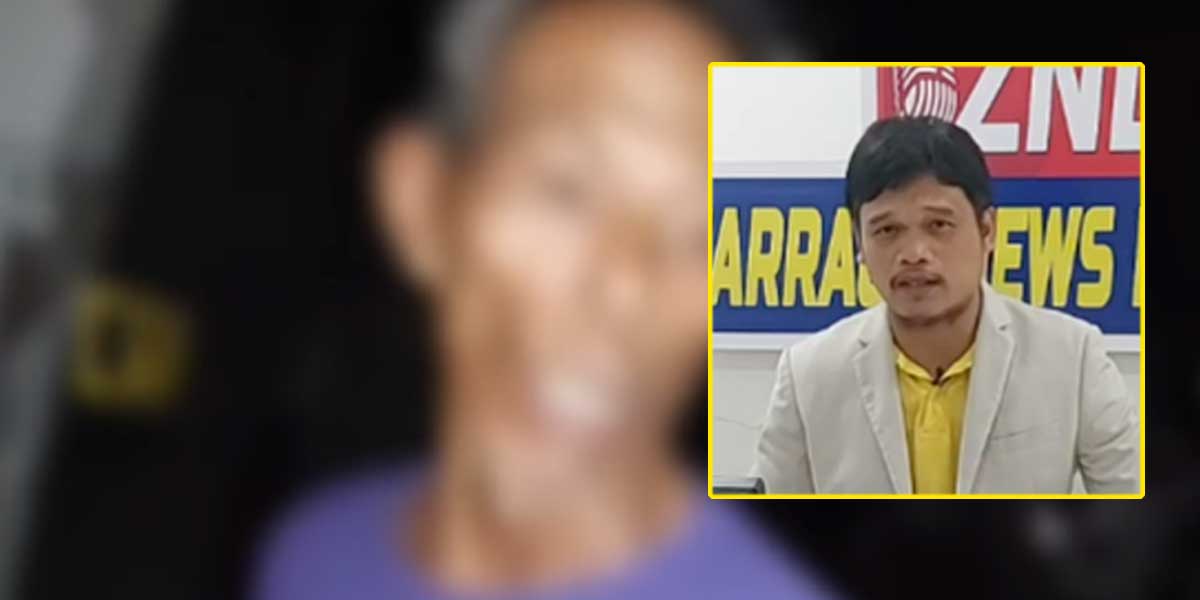By Atty. Eduardo T. Reyes III
A record breaking 8,241 new lawyers which translates to a 72.28% national passing percentage will be taking their oath on May 2, 2022 at the Mall of Asia in Pasay City, Manila, and will be signing the Roll of Attorneys a few days thereafter, after they have hurdled the 2020-2021 Bar Examinations amid the Covid-19 pandemic.
The credo in the Lawyer’s Oath during the swearing in ceremony will highlight, among others, that as a lawyer, “I will support the Constitution and obey its laws …” This is especially most challenging amid a global pandemic where a law, an executive order, or an ordinance, may, up to a certain point, work to curtail some of the freedoms and civil liberties enshrined in the Constitution. It is certainly within the power of the State and the local government, within their sphere of dominion, to enact laws that will serve as guidelines to curb the “invisible enemy” which is the rapidly spreading virus. But Police Power must end where Civil Rights begin.
The Oath continues: “I will delay no man, for money or malice and will conduct myself as a lawyer according to the best of my knowledge and discretion, with all good fidelity as well to the courts as to my clients”.
The law permeates all facets of life more particularly the interplay of the government’s exercise of stately powers as against the citizen’s rights. Lawyers take on causes, they defend clients and invoke the law to support a legal position. Whichever side is taken, for as long as the advocated cause adheres to conscience and comports with the law, then the lawyer remains faithful to the Oath.
Justice Oliver Wendell Holmes, Jr. who is perhaps most-quoted for his eloquently-written decisions as a US Supreme Court justice in the early 1900’s and considered by many as a legal philosopher, once said that: “The business of a law school is not simply to teach law but to teach it in a grand manner and to make great lawyers”.
Another US Supreme Court Justice, Stephen Breyer, remarked in his book “The Court and the World”, that:
“The legal profession has three parts, the judges, the lawyers, and the academics. When the system works well, it works iteratively. The judges decide the cases on the basis of the bar’s briefs, which in turn rests, not just upon experience, but also upon research, articles and treatises written by academics, and the academics base their work in part upon court decisions, amalgamated and criticized in light of research, which in turn feeds back to the bench through the bar, in principle producing better decisions”. (p. 114 The Court and the World by US Associate Supreme Court Justice Stephen Breyer).
Justice Hugo Black of the US Supreme Court pointed out the lawyer’s role in the fundamental tenet of due process that, “the right to be heard would be, in many cases, of little avail if it did not comprehend the right to be heard by counsel. Without it, though he be not guilty, he faces the danger of conviction because he does not know how to establish his innocence.” (Justice Hugo Black quoting Justice Sutherland in Gideon v. Wainright overruling earlier SC decision in Betts v. Brady).
Further, the lawyer’s creed recites: “I will not wittingly or willingly promote or sue any groundless, false or unlawful suit, or give aid nor consent to the same..”
In today’s world where power is unabashedly being flaunted by the mighty, the law may be a weapon to be used to protect the oppressed. The law can empower the weak and enable the downtrodden, too.
Yet the legal profession can also be like the wide gates that lead to temptation and history is replete with prominent members who have caved in to it.
Then again, society can also be cruel to lawyers. Early on, lawyers already bred much distrust because they could make things complicated. In Bleak House, a novel by Charles Dickens, he described a certain litigation as a “scarecrow of a law suit” which means, that it is so convoluted that no man alive can understand it.
The bottom line, especially for the new lawyers, is that being called to the legal profession does not only require a passing acquaintance with the law. Lawyering is about being impervious to glamour or prestige. It is a gift which could last a lifetime if devoted to true service of one’s self to the community and society. The knowledge of the law is meant to be shared even as its returns are a hundredfold in terms of the people’s gratitude, good will, respect, adulation and even one’s own personal fulfillment of life’s purpose.
For the new lawyers whose dalliance with the legal profession had just begun, the zeal and idealism are surely ablaze as they utter each word of the Lawyer’s Oath. This is also true with those who are still on the honeymoon stage. But it must be underlined that each word of the Lawyer’s Oath is infused with meaning and is not a mere empty platitude. While for those lawyers who had seen the sordidly ugly side of the legal system, which is never perfect, and had deadened their feelings, they ought to bring the passion back. If law is the means to justice, then zeal and idealism ought to be tightly woven in the fabric of the law both for new as well as older lawyers.
And just like when the Bar takers were navigating the Bar examination questions, in actual practice, they too must first internalize the facts – if not empathize with the client’s cause altogether – so that the law may be marshalled to provide the much-needed meaning and substance to the cause. Indeed, the law must arise from facts. Ex facto jus oritur.
Assuredly, the Lawyer’s Oath is a lifelong commitment to truth, justice, and the rule of law.
(Atty. Eduardo T. Reyes, III is the senior partner of ET Reyes III & Associates- a law firm based in Iloilo City. He is a litigation attorney, a law professor, and a law book author. His website is etriiilaw.com).




















